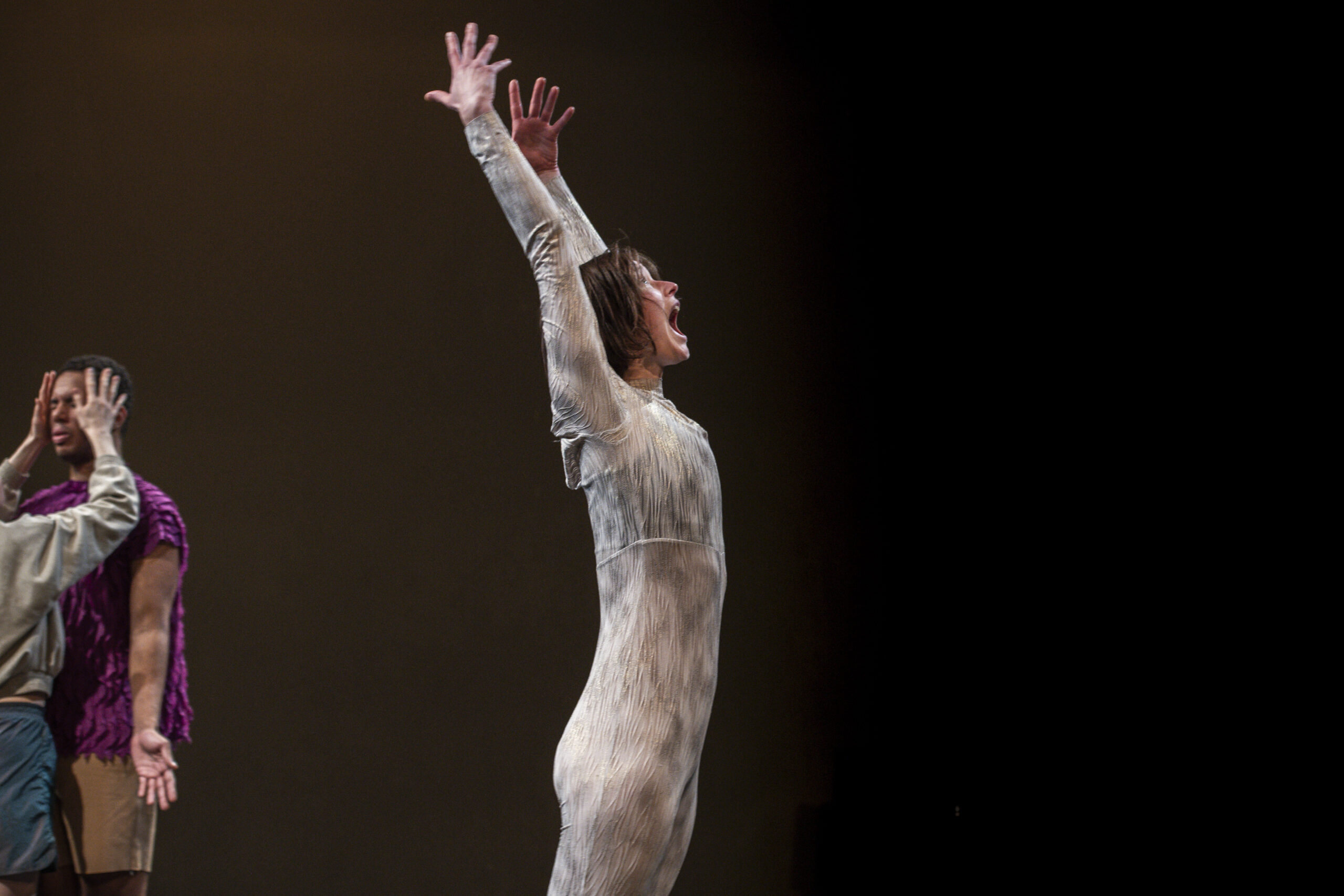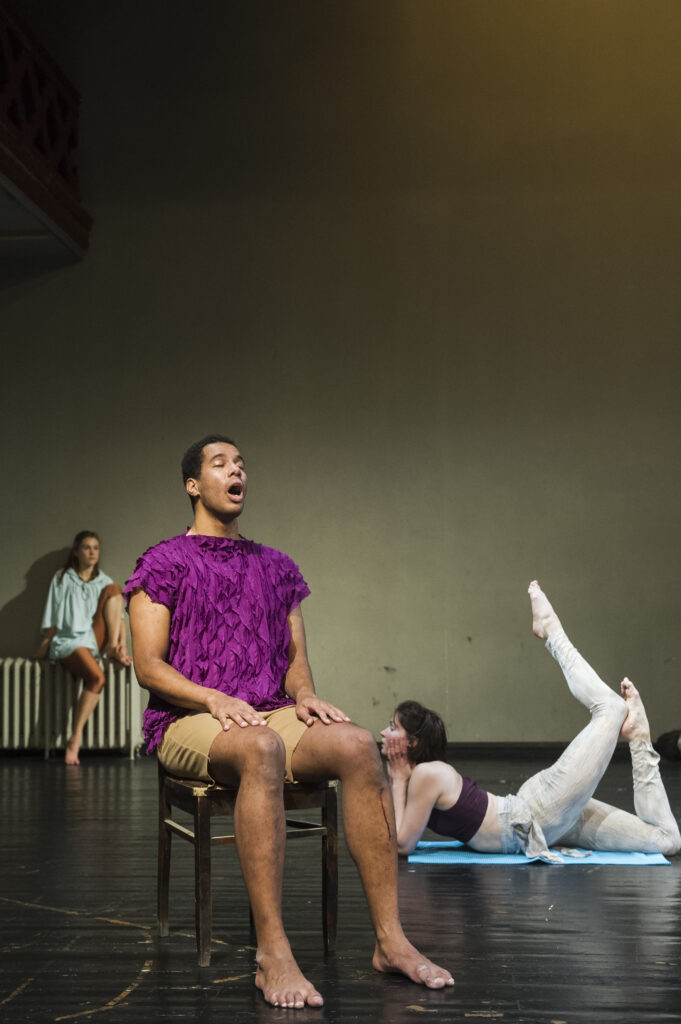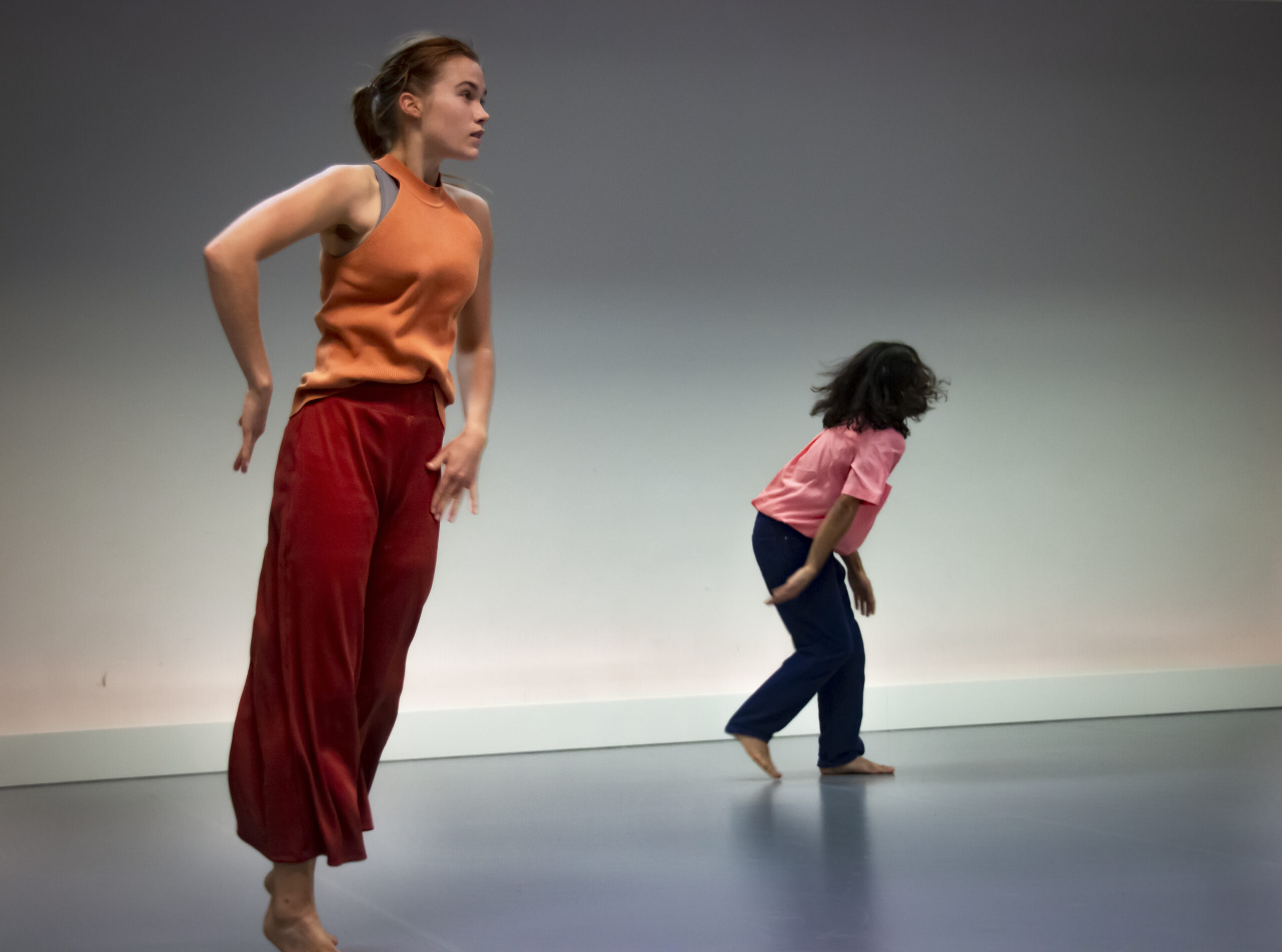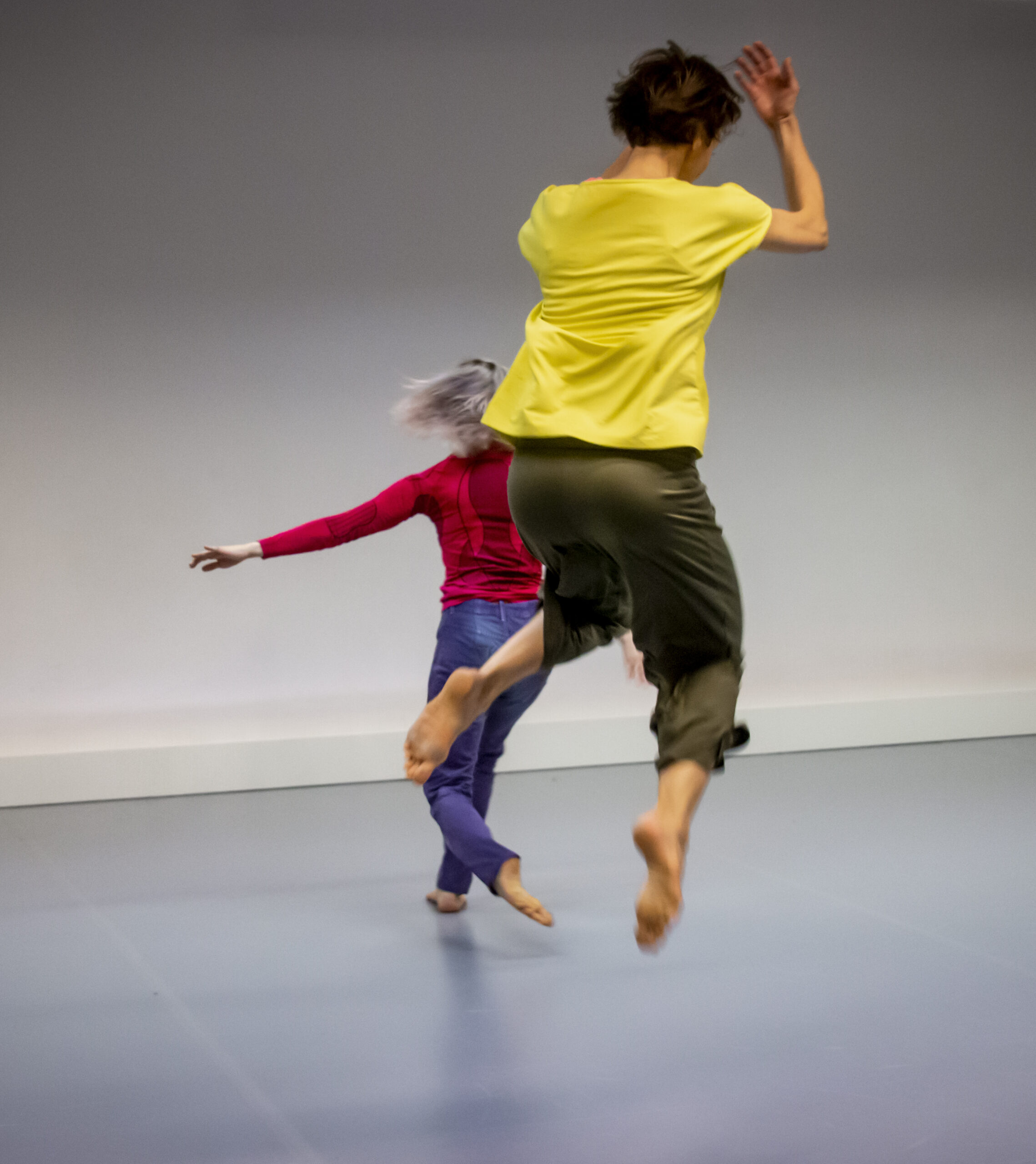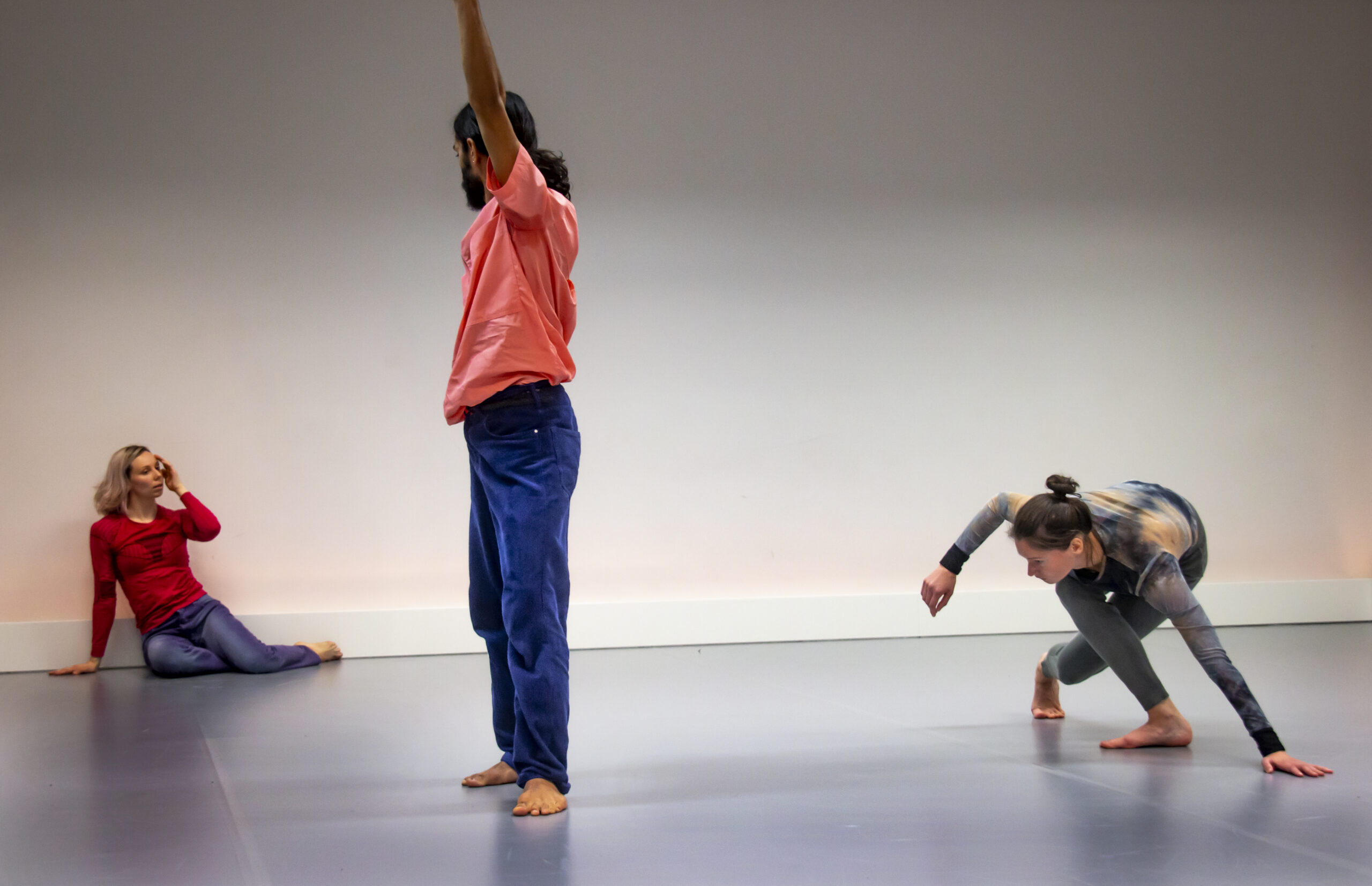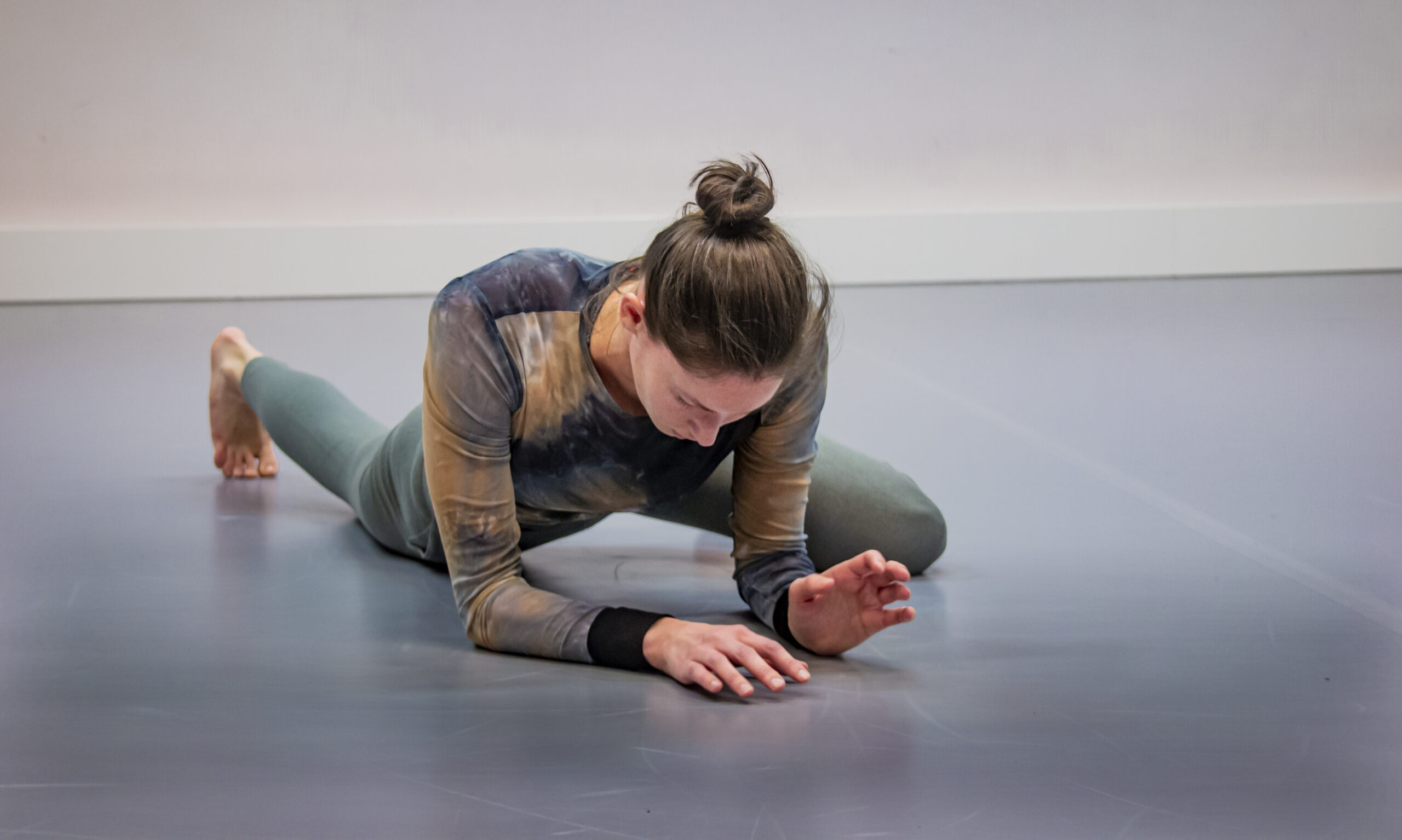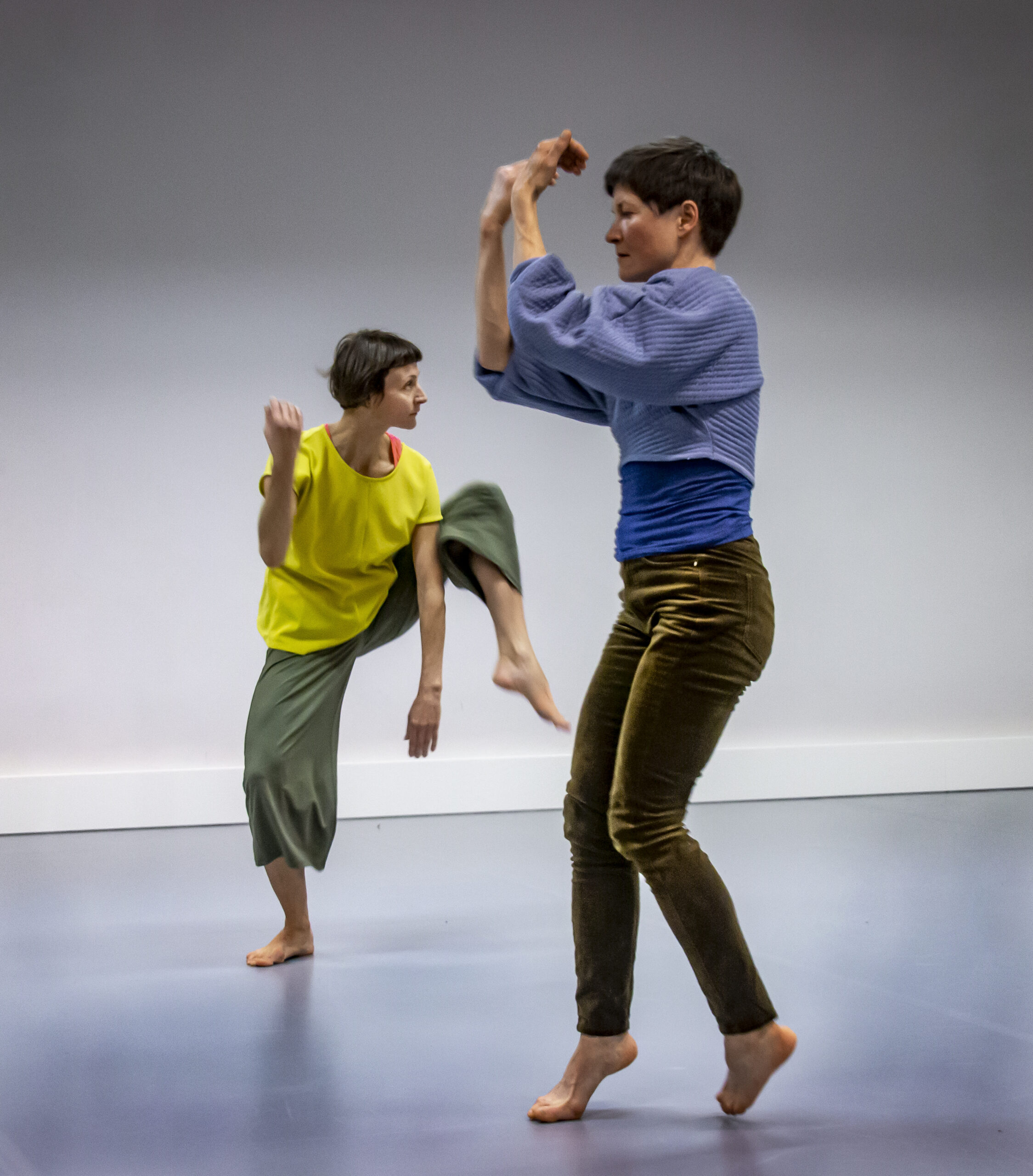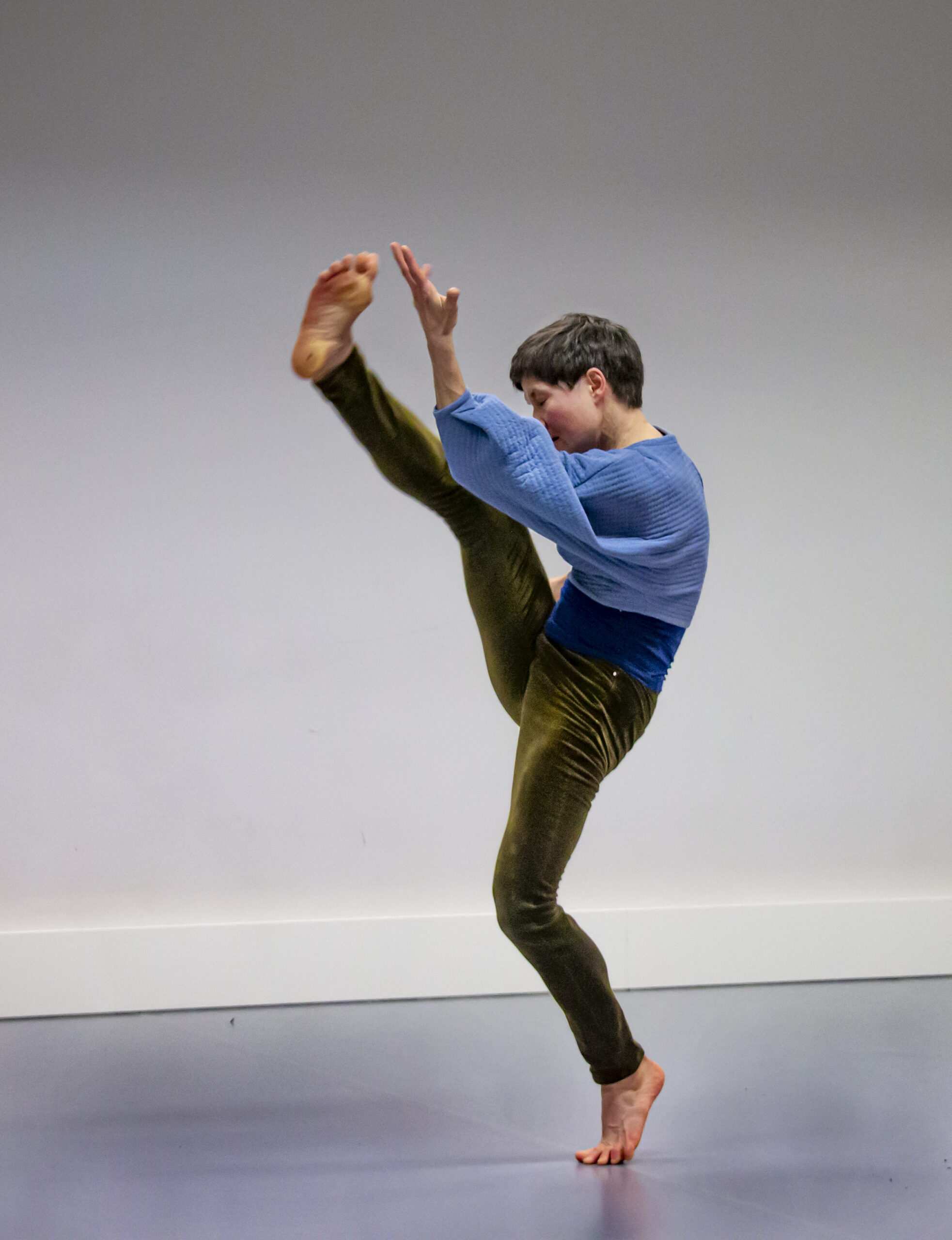Premiere at Kiasma theatre 3.5.2024
Concept, choreography and direction – Liisa Pentti
Dancers – Maija Mustonen, Anna Torkkel, Anna Maria Häkkinen, Hanna Ahti, Anna Mustonen
Sound design – Jouni Tauriainen
Light design – Ina Niemelä
Costume design – Siru Kosonen
Costume making – Siru Kosonen, Reija Ruotsalainen
Choreographic support – Pia Lindy
Choreographer’s assistant – Nelia Naumanen
Photography – Kansallisgalleria / Pirje Mykkänen
Video – Aurélia Steiner – Vancouver, ohj. Paulo Branco (4:40-6:22)
Trailer – Kansallisgalleria / Aleks Talve
Production – Liisa Pentti + Co, rendezvous ry, Kiasma-teatteri
Thank you – Soile Lahdenperä
Supported by Taiteen edistämiskeskus, Helsingin kaupunki, Koneen Säätiö, Svenska kulturfonden
Baroque Pearl – Dances for Spring and Silence is a work choreographed for five dancers, Hanna Ahti, Anna Maria Häkkinen, Anna Mustonen, Maija Mustonen and Anna Torkkeli, and it is inspired by Japanese composer Susumu Yokota’s album Baroque and French writer Marguerite Duras’ work.
The performance is based on the relationship between dance and silence, music and the associations created by textual excerpts. Commissioned by the rendezvous collective, it continues choreographer Liisa Pentti’s exploration of the fundamental questions of sound, space and movement in dance.
Baroque Pearl – Dances for Spring and Silence is a poetic choreography in the space between the human and the inhuman, a landscape that is difficult to verbalise and where the place of dance is constantly reshaped. Perhaps it is a spatial love story – for dance.
”I’m trying to achieve that beautiful thing. There is always fear, rage, and ugliness existing behind beauty. I have been trying to express ki-do-ai-raku (the four emotions: joy, anger, sorrow, and happiness) through music. I would like to express even one’s hidden emotion with reality. It’s my eternal goal.” – Susumu Yokota
